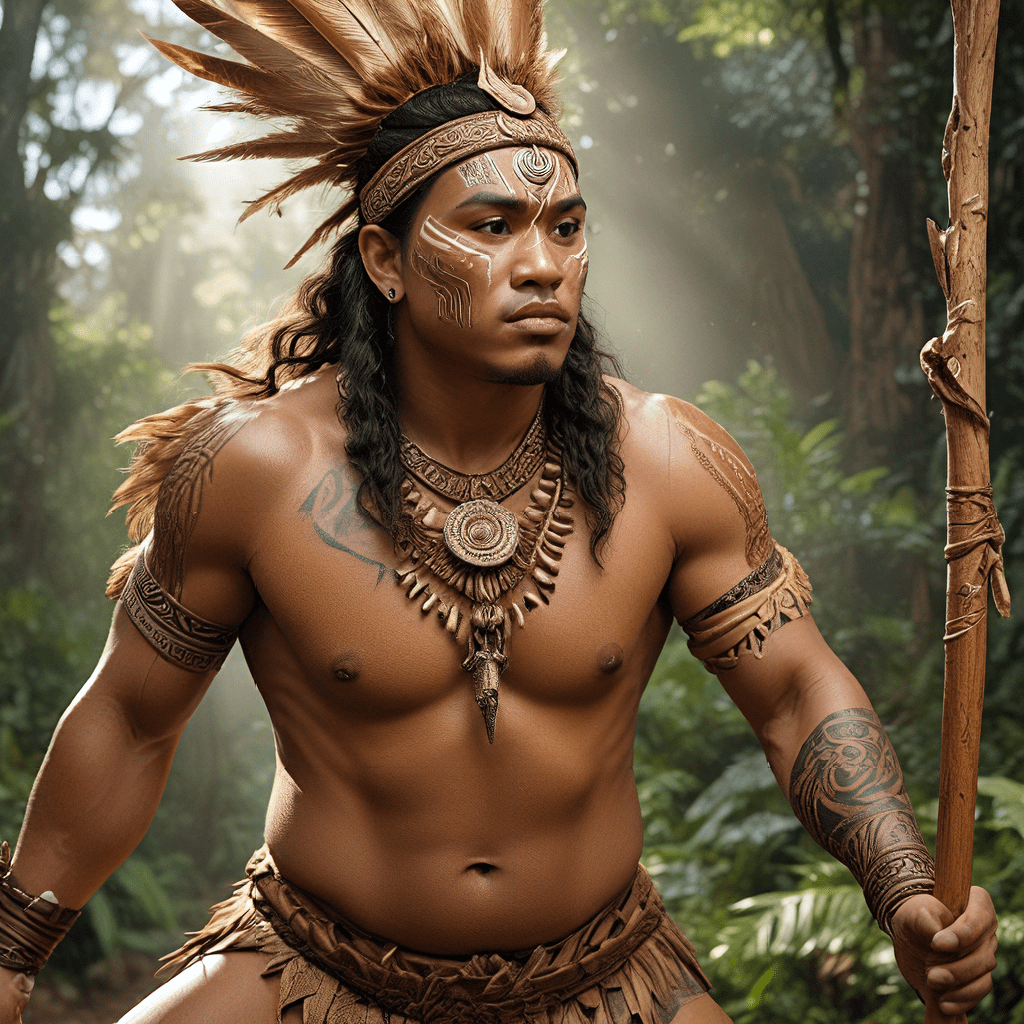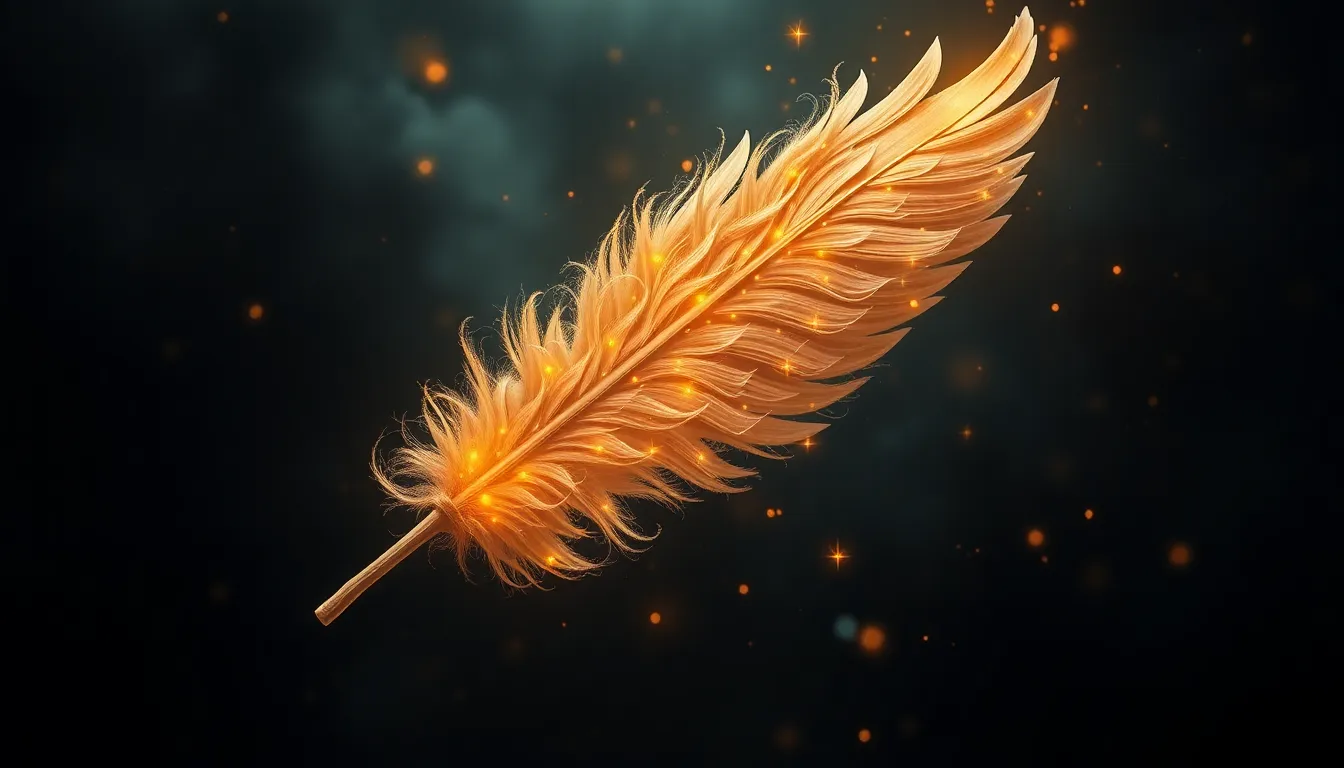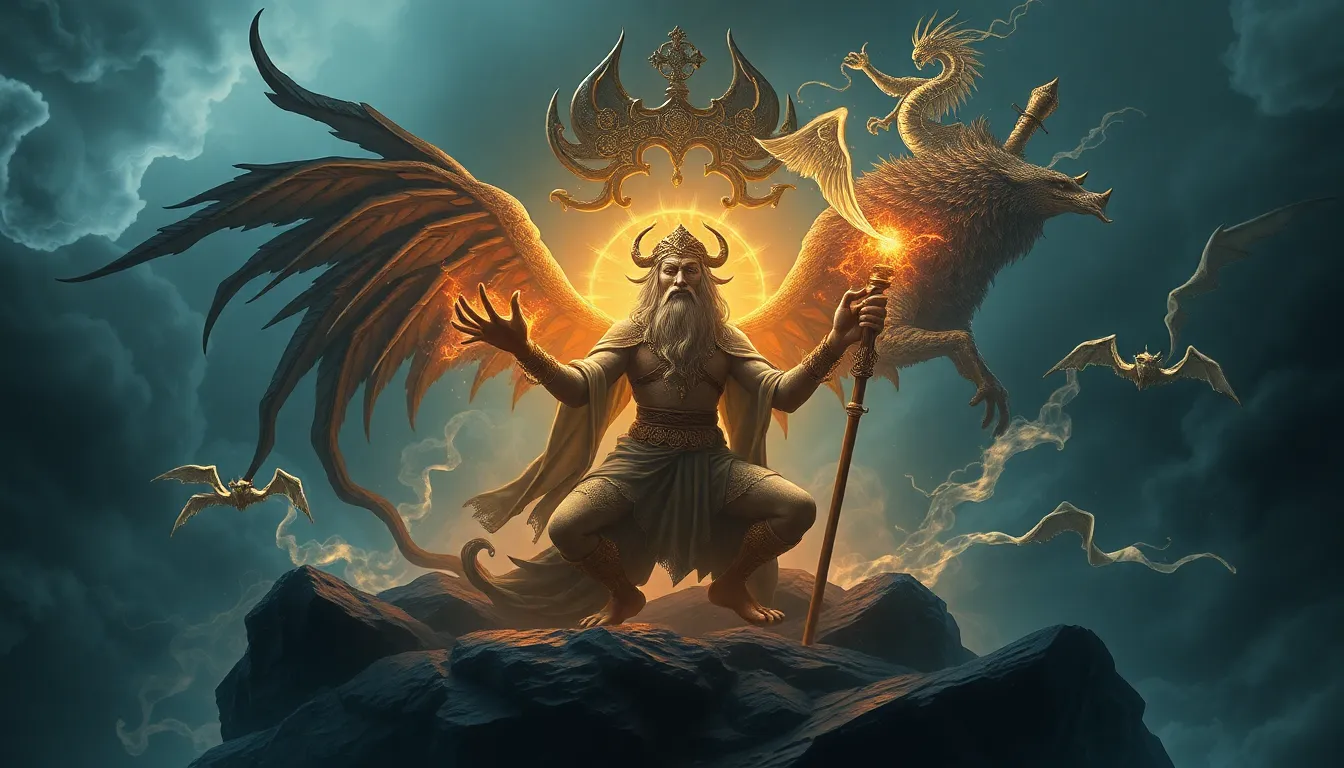The Role of Animals in Hindu Mythology: Sacred and Divine
Introduction to Hindu Mythology and Its Significance
Hindu mythology is a rich tapestry of stories, beliefs, and traditions that shape the cultural and spiritual landscape of India. It is not only a collection of ancient tales but also a vital aspect of the Hindu religion that provides moral guidance, philosophical insights, and a sense of identity to its followers. Animals play a significant role in these narratives, often embodying various qualities and serving as symbols of deeper philosophical concepts.
Symbolism of Animals in Hindu Beliefs
In Hinduism, animals are often viewed as manifestations of divine qualities and attributes. The symbolism of animals goes beyond mere representation; they are integral to understanding the universe and the nature of divinity. Each animal is associated with specific traits that reflect the characteristics of the gods and goddesses.
- Cows: Representing nourishment and motherhood.
- Snakes: Symbolizing rebirth and the cycle of life.
- Tigers and Lions: Embodying strength and courage.
This connection between animals and divine attributes emphasizes the importance of respecting and understanding the natural world in Hindu philosophy.
Sacred Animals in Hinduism
Several animals hold a sacred status in Hinduism, revered for their unique qualities and associations with deities. Two of the most significant among them are the cow and the elephant.
Cows: The Embodiment of Motherhood and Fertility
The cow is considered the most sacred animal in Hinduism, often referred to as “Gau Mata” or Mother Cow. It symbolizes fertility, motherhood, and abundance. Cows are associated with various deities, including Lord Krishna, who is often depicted playing with them in idyllic pastoral settings. The veneration of cows is evident in many rituals and practices, including:
- Offering prayers before meals that include dairy products.
- Celebrating festivals like Gopashtami, dedicated to the worship of cows.
Elephants: Ganesha and the Attributes of Wisdom and Removal of Obstacles
The elephant, particularly in the form of Lord Ganesha, represents wisdom, intellect, and the ability to overcome obstacles. Ganesha is one of the most beloved deities in Hinduism, often worshipped at the beginning of new ventures. The elephant’s characteristics, such as its strength and memory, are seen as virtues to aspire to.
Mythological Creatures and Their Meanings
In addition to real animals, Hindu mythology features various mythical creatures that carry profound meanings. These beings often symbolize different aspects of the cosmos and human experience.
The Significance of Mythical Creatures like Garuda and Nandi
Garuda, the divine bird and vehicle of Lord Vishnu, represents speed, power, and the ability to transcend obstacles. Nandi, the sacred bull and the vehicle of Lord Shiva, symbolizes strength, loyalty, and devotion. Both creatures serve as protectors and guides in the spiritual journey of devotees.
The Role of Serpents (Nagas) in Creation and Protection
Serpents, or Nagas, hold a prominent place in Hindu mythology. They are often associated with water, fertility, and protection. Nagas are believed to guard treasures and sacred places, and their imagery is frequently found in ancient temple architecture.
Animal Avatars of Deities
The concept of avatars in Hinduism is fascinating, as it illustrates the divine’s ability to take various forms, including those of animals. This versatility emphasizes the interconnectedness of all life.
Examples: Matsya (Fish), Varaha (Boar), and Narasimha (Man-Lion)
Some notable avatars include:
- Matsya: The fish avatar of Lord Vishnu, who saved humanity from a great flood.
- Varaha: The boar avatar that rescued the Earth from the demon Hiranyaksha.
- Narasimha: The man-lion avatar who protected his devotee Prahlada from his tyrannical father.
These avatars illustrate the divine’s commitment to protecting and nurturing creation.
Animals as Guides and Protectors
Animals are often depicted as divine messengers and protectors in Hindu epics. They play crucial roles in assisting gods and heroes, guiding them on their journeys.
For instance, in the Mahabharata, the wise crow, known as Kaka, assists Yudhishthira in his quest for truth. Similarly, in the Ramayana, the vanara (monkey) army led by Hanuman aids Lord Rama in rescuing Sita, showcasing the theme of loyalty and bravery.
Festivals Celebrating Animals in Hindu Culture
Many Hindu festivals celebrate the relationship between humans and animals, highlighting their significance in cultural practices. Key festivals include:
- Gudi Padwa: Marking the new year, where the horse and cow are often honored.
- Makar Sankranti: Celebrated with the flying of kites, symbolizing the sun’s entry into Capricorn, often featuring bull and cow motifs.
These festivals involve rituals and practices that honor sacred animals, reinforcing their importance in Hindu culture.
Ethical Perspectives on Animals in Hinduism
Ahimsa, or non-violence, is a fundamental principle in Hinduism that extends to the treatment of animals. This ethical perspective fosters compassion and respect for all living beings, emphasizing the interconnectedness of life.
The relationship between humans and animals in Hindu philosophy is viewed as one of mutual respect, where both are seen as part of the divine creation.
Regional Variations in the Perception of Animals
India’s vast cultural diversity leads to varying perceptions and worship practices related to animals. Different regions have unique myths and stories that highlight local animal significance.
- In some areas, the rat is revered due to its association with Ganesha.
- In others, the snake is celebrated during Nag Panchami, a festival dedicated to serpents.
This regional variation enriches the tapestry of Hindu mythology, showcasing the diverse ways animals are honored.
Conclusion: The Lasting Legacy of Animals in Hindu Mythology
The influence of animals in Hindu mythology continues to resonate in modern practices. From rituals honoring sacred cows to the portrayal of animal avatars in art and literature, the symbolism of animals remains relevant in contemporary society.
As we navigate a world increasingly detached from nature, the lessons embedded in Hindu mythology regarding the respect and reverence for animals serve as a reminder of our interconnectedness with all living beings.



